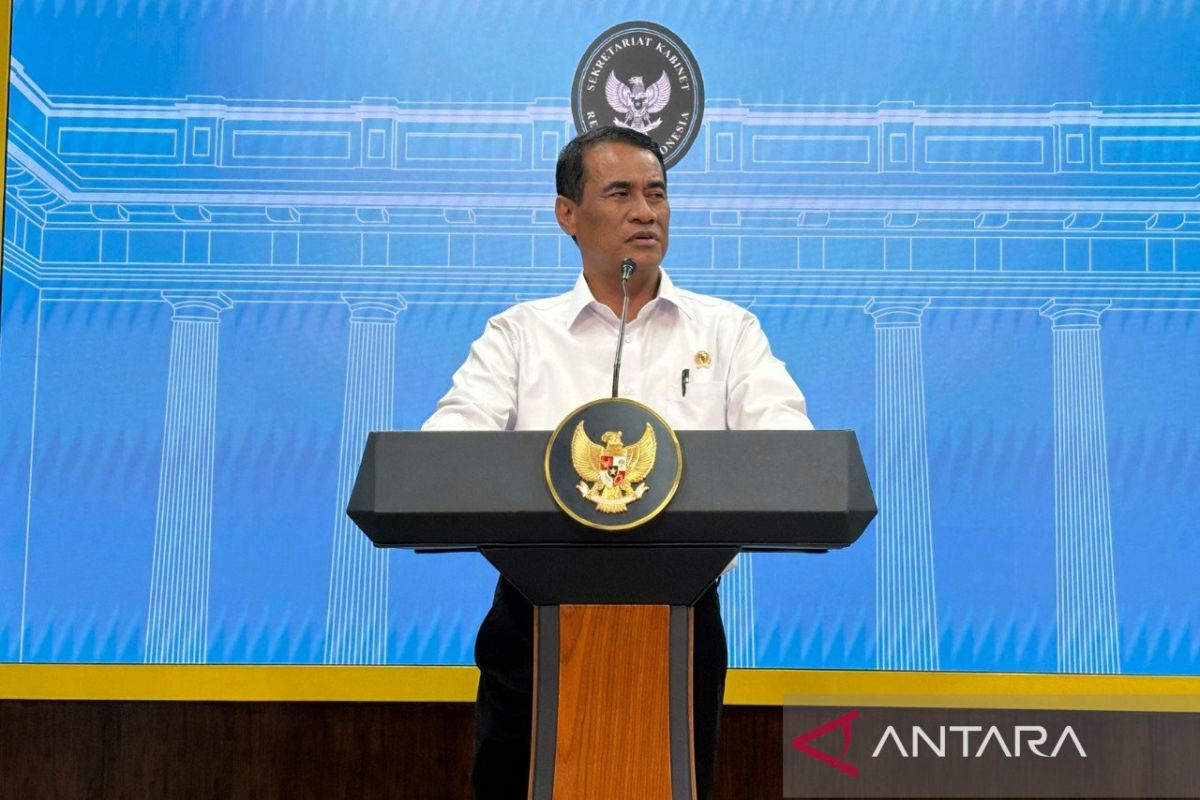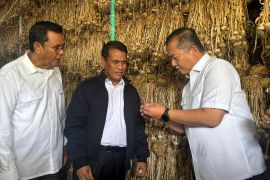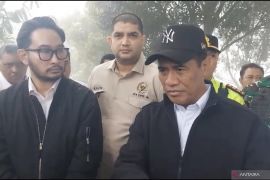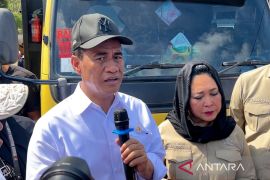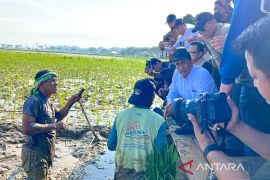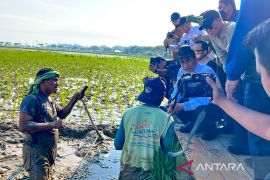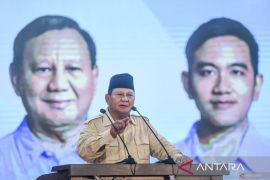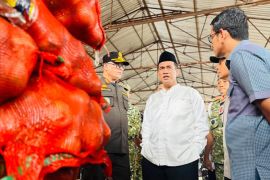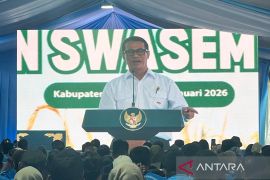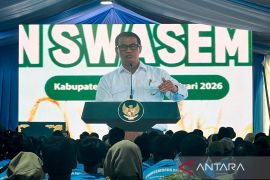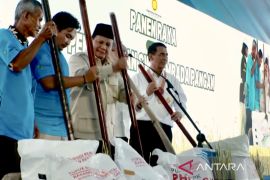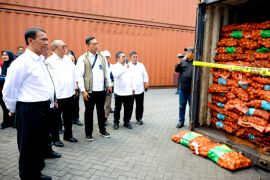At the Presidential Palace complex here on Thursday, he underlined that steps toward energy self-sufficiency are one of the government's focuses. They include the making of ethanol using local raw materials like cassava.
As for food self-sufficiency, he noted that Kalimantan, which previously relied on rice supplies from Java and South Sulawesi, has currently achieved self-sufficiency.
This, according to him, is evidence that the self-sufficiency strategy adopted on the island is effective, thereby able to maintain price stability.
The minister further said that efforts to realize food and energy self-sufficiency on each island are aimed at reducing dependence between regions, which eventually can reduce the food distribution costs that are so far borne by the community.
"We will optimize our energy sources because our country is large and the climate favors the food, plantation, and horticulture sectors," he remarked.
On that occasion, Sulaiman also stated that Indonesia can reach rice self-sufficiency in December 2025 or January 2026, and this is in line with the target that has been set by President Prabowo Subianto.
"Hopefully, if there are no obstacles, in two months or around three months, God willing, Indonesia will no longer import (rice)," he said.
Energy and Mineral Resources Minister Bahlil Lahadalia earlier targeted that Indonesia would achieve 80 percent progress toward its energy self-sufficiency goal by 2029.
To achieve energy self-sufficiency, which President Prabowo targeted to be realized in six years, the government has made several efforts, including the mandatory use of B40 biodiesel, which is a mixture of 40 percent biofuel and 60 percent fossil diesel fuel.
This step has been taken to reduce diesel fuel imports, and the government is planning to further increase the mix to 45 or 50 percent in 2026.
Related news: Social forestry vital for food self-sufficiency: minister
Related news: Prabowo gathers ministers to strengthen food security, coastal economy
Related news: Govt prepares 481,000 hectares in Papua for food self-sufficiency
Translator: Fathur R, Genta T, Raka Adji
Editor: Azis Kurmala
Copyright © ANTARA 2025
